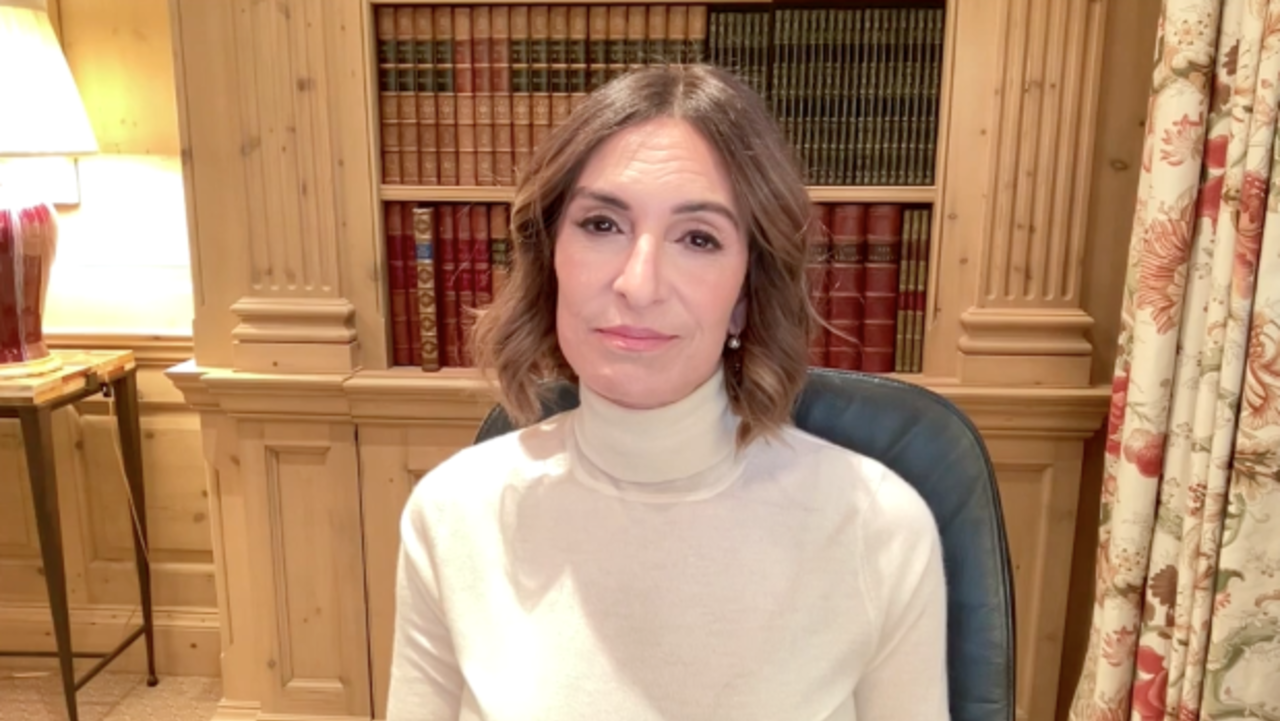Recent research conducted by Suzy Welch, a professor at New York University, reveals a significant shift in the values of many Americans. The study indicates that self-expression and personal well-being have surged ahead of family in terms of importance for numerous individuals. This change may provide deeper insights into the cultural divides in American society than political affiliations.
The findings, based on surveys from 2023, highlight a growing trend where individuals prioritize their mental health and authentic self-representation. Welch’s research suggests that these values resonate strongly with younger generations, particularly millennials and Generation Z, who often seek fulfillment through personal growth and individual pursuits rather than traditional familial expectations.
This shift is not merely anecdotal. According to the survey results, approximately 65% of respondents identified self-care practices as a top priority in their lives. In contrast, only about 45% placed significant emphasis on family commitments. These statistics indicate a notable change in the way individuals navigate their relationships and responsibilities.
Understanding the Cultural Impact
The implications of this trend extend beyond personal choices. Welch argues that the prioritization of self-care and self-expression may be influencing social dynamics in ways that are more profound than political affiliations. In a time when political polarization is often highlighted, this research opens a dialogue about the evolving nature of community and connection in contemporary society.
Many respondents expressed that their focus on self-care has led to improved mental health outcomes. The emphasis on personal well-being can foster communities where individuals support one another in their journeys of self-discovery. This shift may also contribute to a decrease in familial obligations, as individuals seek to define their identities outside of traditional roles.
Welch’s study encourages further exploration into how these changing values affect interpersonal relationships. The generational divide is particularly salient; younger individuals are more likely to challenge conventional family roles and advocate for their own needs and desires. This raises important questions about the future of family structures and societal expectations.
The Future of Family and Self-Care in America
As self-expression continues to gain prominence, it is essential to consider how this evolution will shape American culture moving forward. The balance between individual needs and family responsibilities may redefine how future generations view relationships and community.
In summary, the research led by Suzy Welch at NYU illustrates a remarkable transformation in American values. The prioritization of self-care and self-expression over traditional family commitments signals a shift that could influence various societal aspects. Understanding these changes is crucial for recognizing the broader implications on community, identity, and interpersonal relationships in a rapidly evolving cultural landscape.



































































